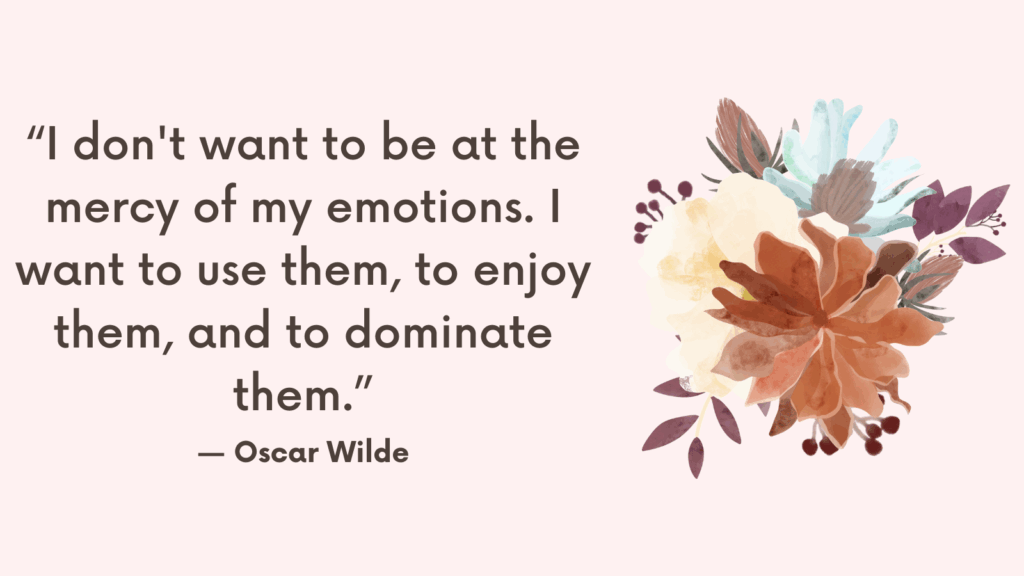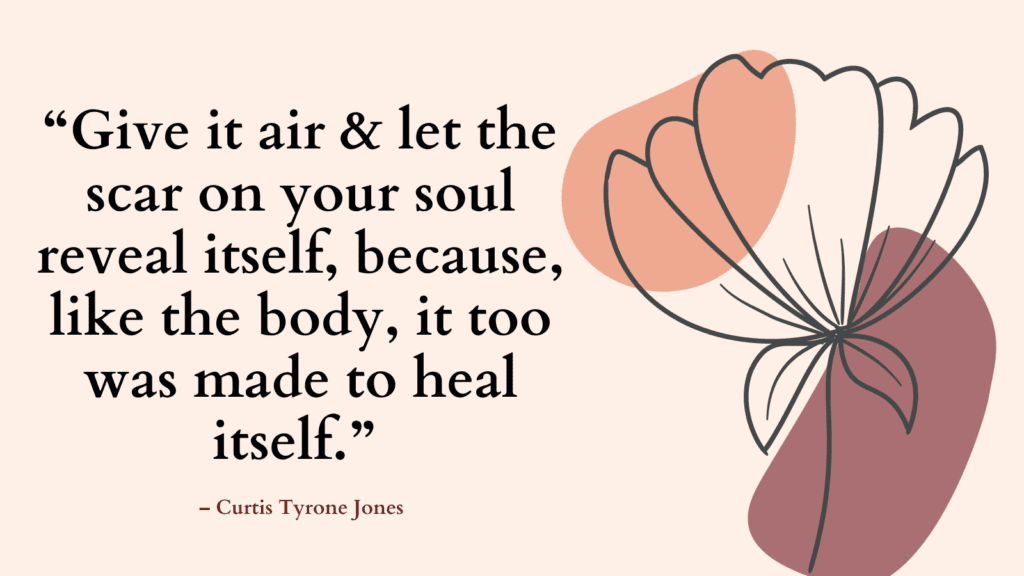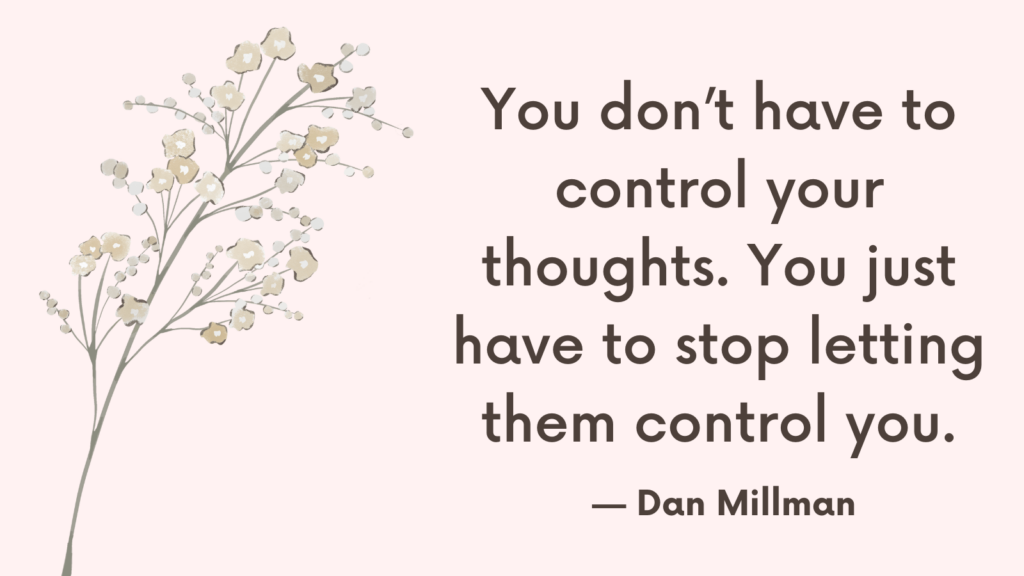This post contains “Am I Having A Panic Attack Quiz.”
Panic Disorder
Panic Disorder is a mental health condition categorized in the Diagnostic and Statistical Manual of Mental Disorders, Fifth Edition (DSM-5).
According to DSM-5 criteria, to be diagnosed with Panic Disorder, an individual must experience recurrent and unexpected panic attacks followed by at least one month of persistent concern or worry about having additional attacks, or significant maladaptive behavioral changes related to the attacks, or a combination of both.
The DSM-5 outlines specific criteria for diagnosing Panic Disorder, which include:
1. Recurrent panic attacks: The person experiences sudden surges of intense fear or discomfort, peaking within minutes. During these attacks, they may experience physical symptoms such as a racing heart, trembling, sweating, shortness of breath, chest pain, dizziness, or a sense of impending doom.
2. Persistent concern about future attacks: After experiencing a panic attack, the individual worries excessively about having more attacks or their consequences. This concern may lead to changes in behavior, such as avoiding certain situations or places where panic attacks have occurred before.
3. Maladaptive behavioral changes: The person may also exhibit significant changes in behavior related to the attacks, such as avoiding activities, places, or situations associated with panic attacks. They may make efforts to escape or leave situations that could trigger an attack.
4. Rule out other medical conditions and substance use: It is essential to rule out any medical causes or substance use that could be responsible for the panic attacks.
Remember, only a qualified mental health professional can diagnose Panic Disorder or any other mental health condition.
If you suspect you may have Panic Disorder, I encourage you to consult with a psychologist or psychiatrist who can evaluate your symptoms and provide appropriate support and treatment options.
Related: How To Overcome Agoraphobia Without Medication? 9-Step Guide To Control Panic Attack In Public
Am I Having A Panic Attack Quiz
Results
#1. Are you experiencing sudden and intense feelings of fear or discomfort?
#2. Are you having a racing or pounding heart?
#3. Are you short of breath or experiencing difficulty breathing?
#4. Are you feeling dizzy, lightheaded?
#5. Have you noticed a sensation of choking or a lump in your throat?
#6. Are you having uncontrollable trembling or shaking?
#7. Are you feeling hot or experiencing cold flashes, or sweating excessively?
#8. Are you experiencing a sense of derealization (feeling detached from reality) or depersonalization (feeling detached from oneself)?
#9. Are you having intense feelings of impending doom or a fear of losing control?
We will not sell your information. All results are kept confidential.
This quiz is for informational purposes only. It is not meant as a diagnostic or assessment tool.
Results
The questions above represent common signs you may be having a panic attack. If you answered yes to most of these questions, then you may be experiencing a panic attack episode.
Related: Top 10 Practical CBT Exercises For Generalized Anxiety Disorder Relief

How to Cope With Panic Attacks?
Here are some evidence-based strategies that can help you cope with and reduce the impact of panic attacks:
1. Deep breathing and relaxation techniques
Practice deep breathing exercises, such as diaphragmatic breathing or square breathing, to help calm your body during a panic attack.
Progressive muscle relaxation and guided imagery can also be effective relaxation techniques.
Breathing Exercise:
1. Find a comfortable and quiet place to sit or lie down.
2. Place one hand on your chest and the other hand on your abdomen, just below your ribcage.
3. Close your eyes and take a slow, deep breath in through your nose, allowing your stomach to rise as you fill your lungs with air. Focus on expanding your abdomen, rather than your chest.
4. Exhale slowly through your mouth, emptying your lungs completely. As you exhale, imagine any tension or anxiety leaving your body.
5. Repeat this deep breathing pattern, inhaling through your nose and exhaling through your mouth, for several minutes.
6. Try to make each breath slow, deep, and controlled, allowing your belly to rise and fall with each inhalation and exhalation.
Related: High Functioning Anxiety Test (& How To Support Anxiety Recovery)
2. Challenge negative thoughts
Pay attention to any negative or catastrophic thoughts that may arise during a panic attack.
Challenge these thoughts by questioning their validity and replacing them with more realistic and positive ones.
The following prompts can help:
1. Is there evidence to support this negative thought? What are the facts?
2. Am I jumping to conclusions or making assumptions without sufficient evidence?
3. What is the worst possible outcome, and how likely is it to happen?
4. Have I experienced similar situations before, and how did they turn out?
5. What are alternative explanations or perspectives that might be more realistic or balanced?
6. What would I tell a friend who is experiencing similar thoughts? Would I offer them the same level of criticism or compassion?
7. Can I reframe this situation in a more positive or constructive light?
8. What are my strengths or past successes that can help me overcome this negative thought?
9. How important will this matter be in the long run? Will it still have the same impact or significance?
10. What can I do to challenge or change this negative thought? Are there any proactive steps I can take?
Related: 30 Day Social Anxiety Challenge That Will Help You Feel More Confident
3. Practice mindfulness
Mindfulness techniques, such as meditation and focused attention, can help you stay grounded in the present moment and reduce anxiety.
Learning to observe your thoughts and sensations without judgment can enhance your ability to cope with panic attacks.
Mindfulness practice:
1. Find a quiet and comfortable place to sit or lie down.
2. Close your eyes and take a few deep breaths, allowing your body to relax with each exhale.
3. Begin by focusing your attention on your breath. Notice the sensation of the breath as it enters and leaves your body.
4. As you continue breathing, bring your awareness to the physical sensations in your body. Notice any areas of tension or discomfort, and allow them to soften and release as you exhale.
5. Expand your awareness to include the sounds around you. Notice any background noises or even the silence between sounds.
6. Now, slowly shift your attention to any thoughts or emotions that come up. Rather than getting caught up in them, observe them without judgment. Allow them to come and go like clouds passing through the sky.
7. Whenever you notice your mind wandering, gently bring your focus back to the present moment, using your breath or body sensations as an anchor.
8. Practice this exercise for a few minutes, gradually increasing the duration as you become more comfortable and familiar with mindfulness.
4. Educate yourself about panic attacks
Understanding the physiological and psychological aspects of panic attacks can help demystify and normalize your experiences.
Knowledge can also empower you to recognize early signs of panic and implement coping strategies before the attack becomes overwhelming.
Related: Best 10 Panic Attack Books
5. Create a panic attack toolkit
Develop a personalized set of calming tools that work for you. This could include items like a stress ball, relaxing music, comforting scents, or positive affirmations.
Having these resources readily available can provide a sense of security during an episode.
Related: Best 15 Stress Relief Toys For Your Wellbeing
6. Seek support
Reach out to trusted family members, friends, or support groups who can offer understanding and encouragement.
Talking about your experiences and feelings with others who have similar struggles may help you feel less isolated and more supported.
FAQs
What causes panic attacks?
Panic attacks can be triggered by stress, trauma, phobias, caffeine, or specific situations like crowded spaces. In some cases, they seem to happen “out of the blue” with no clear cause. Over time, fear of the attack itself can become the main trigger, creating a cycle.
Are panic attacks the same as anxiety attacks?
Not exactly. Panic attacks are more intense and come on suddenly, often without a clear warning. Anxiety attacks build gradually and are typically tied to ongoing worry. Panic attacks are also recognized clinically with specific criteria; anxiety attacks are more loosely defined.
Can a panic attack feel like a heart attack?
Yes — many people mistake panic attacks for heart attacks because of the chest pain, rapid heartbeat, and shortness of breath. However, panic attacks are not caused by a heart condition and typically resolve within 10–30 minutes. If in doubt, seek medical attention to rule out any serious issues.
How long do panic attacks last?
Most panic attacks last between 5 to 30 minutes, although the emotional after-effects can linger for hours. The sensations feel overwhelming in the moment, but they always pass, even if it feels like they never will.
Can you faint from a panic attack?
It’s very unlikely. While panic attacks may make you feel dizzy or lightheaded, your blood pressure typically rises — not drops — during a panic attack, which makes fainting rare. The sensations are uncomfortable but not dangerous.
Do panic attacks mean I have a mental illness?
Not necessarily. Many people experience panic attacks without having a chronic condition. However, if they’re frequent or severely impact your life, it could be part of a panic disorder or another anxiety-related condition — and it’s absolutely okay to seek professional support.
Can panic attacks be treated?
Yes — very effectively. Cognitive behavioral therapy (CBT), exposure therapy, mindfulness, lifestyle changes, and in some cases medication can significantly reduce or eliminate panic attacks. You are not doomed to live with them forever.
Conclusion
Remember, everyone’s experience with panic attacks is unique, so it may take time to find the coping strategies that work best for you.
Consulting with a mental health professional can provide personalized guidance and support in managing panic attacks effectively.







